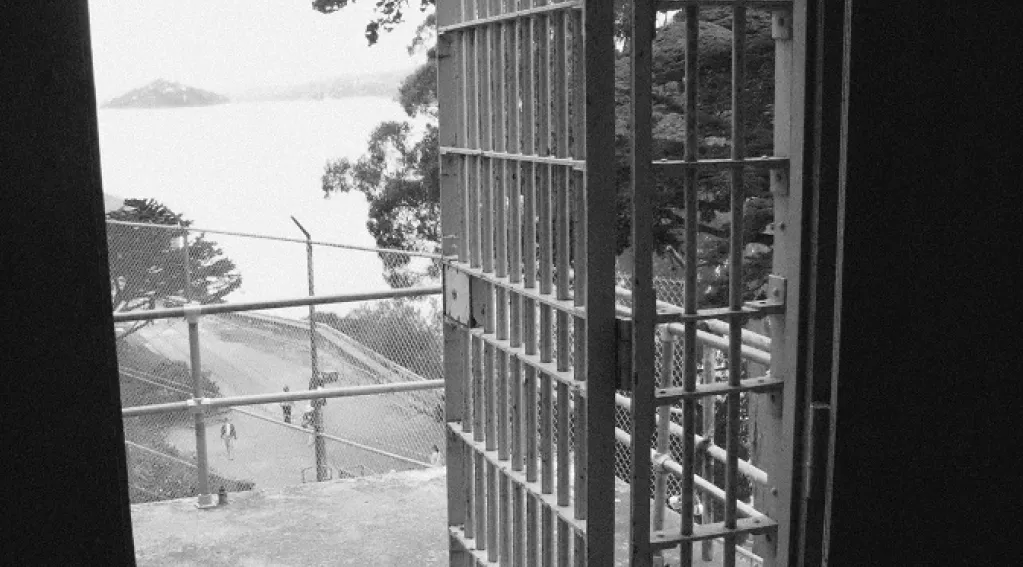COVID-19 Should Not Become a Tool for Releasing Detained Immigrants

An investigator is calling for the release of “high-risk” detainees at Farmville Detention Center in Virginia after more than 80 percent of the center’s 300 inmates contracted the coronavirus earlier this year.
U.S. District Judge Leonie Brinkema ordered an inspection of the facility by two investigators in a response to a lawsuit by inmates over coronavirus conditions.
The outside investigator, Dr. Homer Venters, a former medical officer for New York City jails, inspected the detention center last month and released his report on Friday, September 4, citing poor screenings for COVID-19 symptoms. He claims that high-risk detainees face significant health risks as the center’s response is often “slow.” He also claims that the outbreak was a result of transfers from other facilities facing COVID cases.
However, an investigator selectedby Farmville leadership, Dr. William Reese, claims that there were no extensiveissues with its COVID-19 response as it was consistent with CDC guidance. He noted that the biggest problem facing thefacility was the detainee’s refusal to wear protective masks. Furthermore, the facility has had no newcases since July.
There are several reasons whyreleasing the detainees into the local communities would be a bad idea. First, they would most likely disappear intothe country’s interior attempting to blend into the population and obtain anillegal job. Secondly, the reason why many of these detainees are in custody isbecause they pose some form of safety risk to the public.
Furthermore, releasingdetainees does little to mitigate the risks of contracting COVID-19. The detentioncenter is a quarantined environment; therefore, according to CDC guidelines,remaining in the facility under quarantine when it has already been exposed isthe safest way to control the virus and its spread. Those who meet the CDCcriteria for being at greater risk are already housed separately, whiledetainees with symptoms such as fever are placed in a medical airborneinfection isolation room until symptoms subside.
It does not make sense to release detained individuals who have been exposed to COVID-19 back into the general public as it only increases the risk of spread. As FAIR noted earlier this year, such pleas for release are nothing more than “a cynical, calculated effort to exploit a public health crisis in order to further an open borders agenda” masked by a humanitarian sham.

